Google just rolled out its latest Gmail and Google Voice updates on iOS.
Users can look forward to big improvements, particularly in Voice, which now sports a brand new design. iPhone owners even get their hands on it ahead of those on Android.
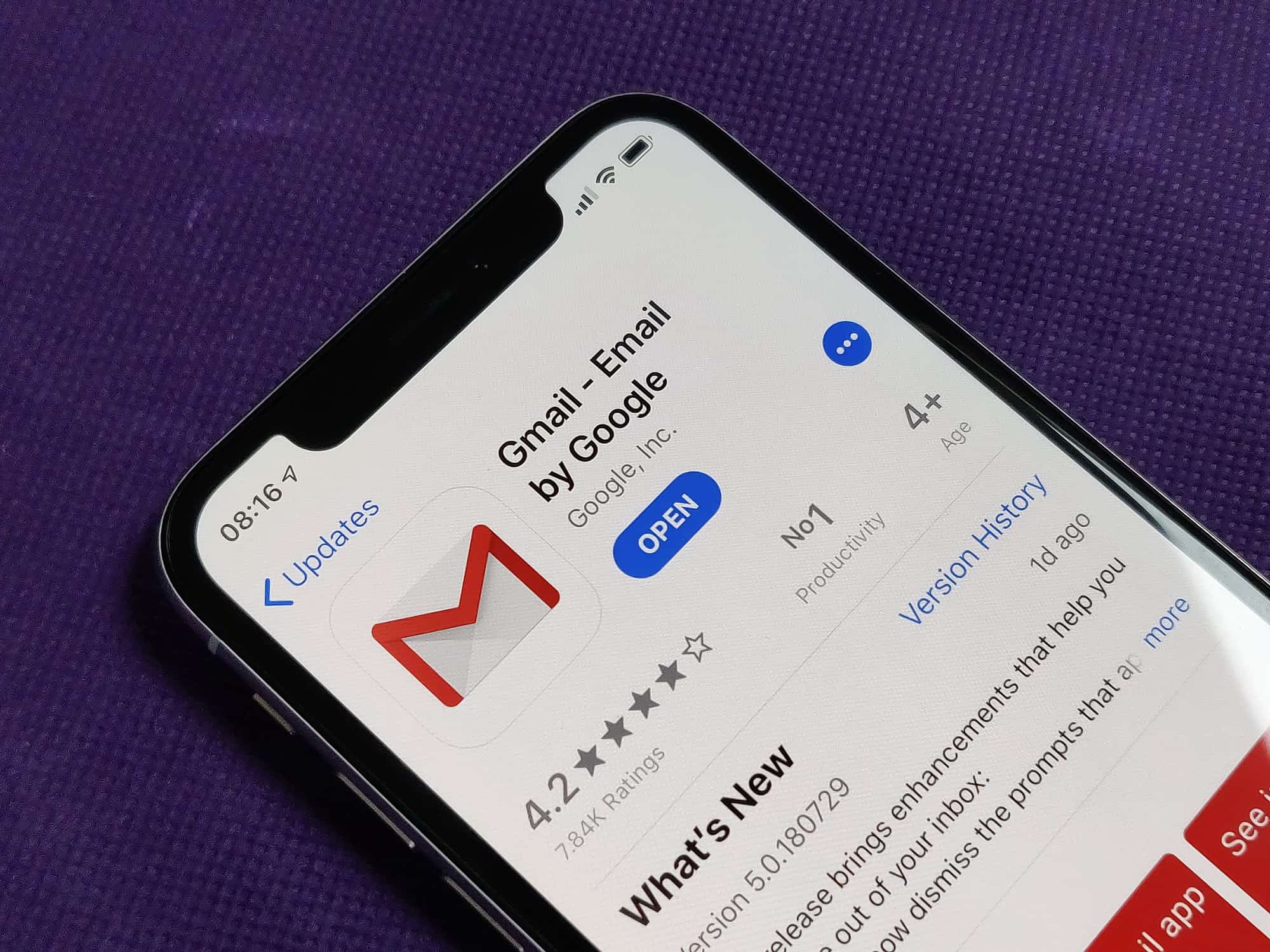
Google just rolled out its latest Gmail and Google Voice updates on iOS.
Users can look forward to big improvements, particularly in Voice, which now sports a brand new design. iPhone owners even get their hands on it ahead of those on Android.
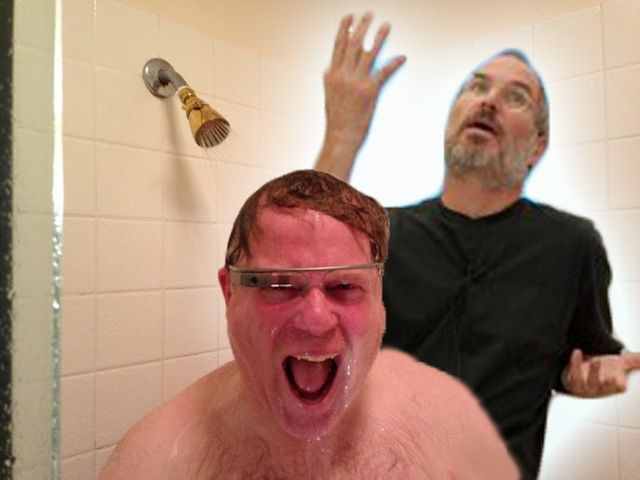
There’s a lot of talk these days about Google Glass, Google’s new futuristic wearable computer that functions like a set of cyborg glasses, overlaying a HUD of Google products and search services over your life.
It certainly sounds impressive, and early reviews from the usual techno-nerds are positive. But what would Steve Jobs have thought of Google Glass?
He would have thought you were a dork for wearing one, and you needed to get laid.
![Google Babel Aims To Be Everything You’ve Ever Wanted In A Cross-Platform Messenger [Rumor] post-222832-image-c432b405d024dc0059263bfbdc85c2d9-jpg](https://www.cultofmac.com/wp-content/uploads/2013/04/post-222832-image-c432b405d024dc0059263bfbdc85c2d9.jpg)
Thanks to those leaked screenshots that appeared on Tuesday, we’re pretty confident that Google Babel is no longer just a rumor, but a real product that’s patiently waiting to get its grand unveiling. And according to sources that are familiar with Google’s plans, it’s worth getting excited about.
They claim Babel aims to be “everything we have ever asked for in a unified messenger service,” with cross-platform syncing and a “first class iOS experience.”
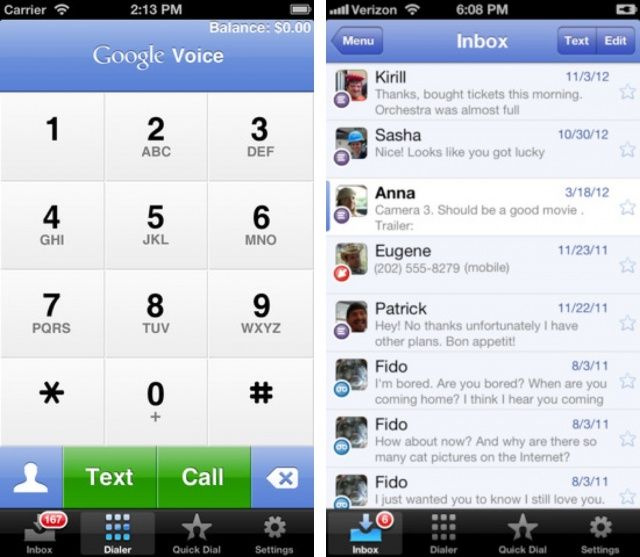
Two months after Apple released the iPhone 5 and iOS 6, Google Voice has finally been updated. Google’s official iOS app received support for the newest iPhone’s taller display and iOS 6 today.
About time.
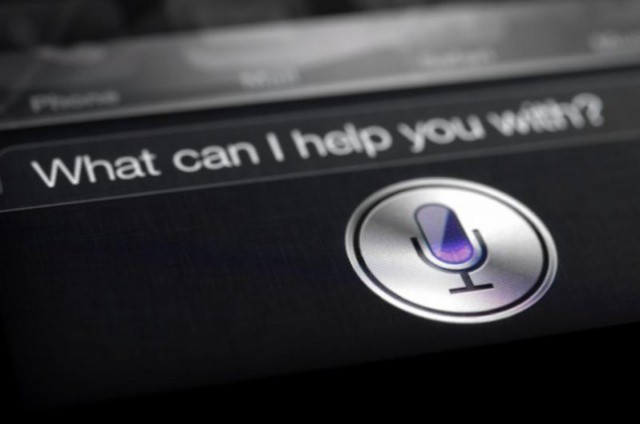
Although it sometimes doesn’t understand everything you say, it’s hard not to like Siri. After all, the voice-controlled assistant has made it easier then ever to perform all kinds of tasks on a smartphone using only the natural language that we use on a daily basis. But as we are well aware, Siri isn’t perfect.
Especially when it comes to answering your questions. In fact, Apple analyst Gene Munster believes she’s still two years behind Google after she only managed to answer 68% of the 800 questions he asked in a quiet room.
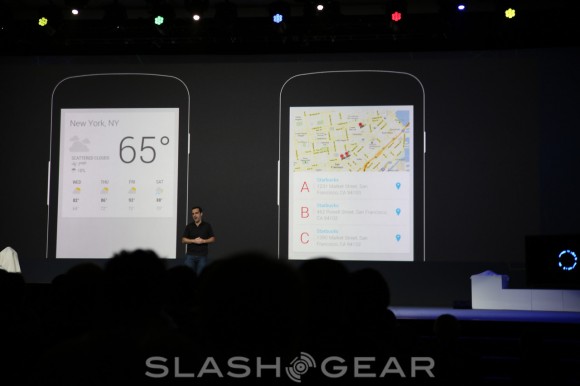
At Google’s own answer to WWDC, the annual I/O conference, the search giant just announced its own answer to Siri: a radically overhauled version of Google Voice Search.
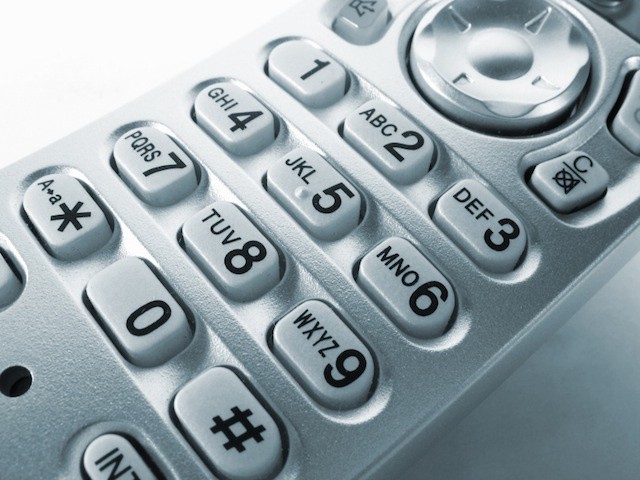
A decade ago, your mobile phone number may not have meant much. In the days before number porting, mobile phone numbers were transient. If you switched carriers or moved, you got a new number.
Things are a bit different today. You can take your number with you from one mobile carrier to another, you can port it VOIP services like Vonage, or forwarding services like Google Voice, and you can even port it to a landline phone. Your phone number, much like your personal email address or Twitter account, belongs to you for as long as you want to keep it.
That can create a problem for companies implementing BYOD programs. If an employees bring their own phones, they also bring their own numbers. For many employees, particularly those that are mobile professionals, their mobile number is the go-to number to reach them. When such an employee leaves that company, what happens to his or her phone number?
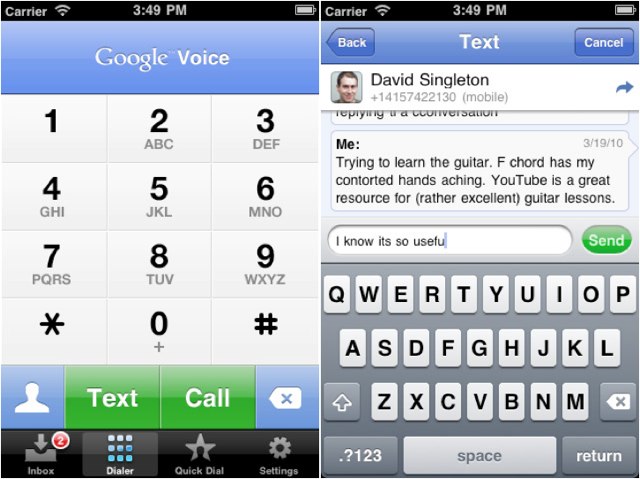
Google has issued an update to its Google Voice app for the iPhone today to introduce support for devices connected to Sprint, and multi-recipient texting — a feature that has been available in Google Voice for Android more than a month — a multi-line text entry field, and one-touch copy and paste within the Dialer.
![Siri Has Been Hacked To Control iTunes, iPhoto, Word And All Your Mac’s Apps [Video] Screen Shot 2011-11-28 at 10.10.23 AM](https://www.cultofmac.com/wp-content/uploads/2011/11/Screen-Shot-2011-11-28-at-10.10.23-AM.jpg)
It’s been less than a week since Siri was hacked to work with potentially every Internet-controlled gadget out there, even your car. But if that’s too far out for you, the latest plug-in for Siri Proxy allows you to control your Mac desktop using your iPhone.

Trying to thumb type a search query into your iPhone on the run sucks, and it’s sow to boot. Google knows it, which is why they have the Google Search app, allowing you to just dictate your search query when typing is otherwise inconvenient.
But it looks like Apple might have noticed it too. New job postings indicate Apple is looking to improve the native voice recognition capabilities of iOS.

Last year, Apple pulled Google Voice’s official application from the App Store without either ceremony or explanation. The move always seemed pretty suspect, and intended more to protect the interests of AT&T than iOS users, but it seems that there is good news on the horizon: Google Voice is likely heading back to the App Store.
According to the developer of the third-party Google Voice application GV Mobile, he emailed Apple’s approval board after the release of yesterday’s App Store guidelines, pointing out there seemed to be no provision at all explaining a Google Voice ban, and asking what the chances were of getting his app reinstated. Apparently, the response was encouraging, and Kovacs was led to believe that if he resubmitted his app, it would likely be improved.
On Google’s part, they say they have nothing to announce at this time, but if third–party Google Voice applications start getting approved again, it’s very likely the official app will soon possible. Let’s hope that Kovac’s exchange wasn’t a fluke and Apple has come around on its senseless ban against Voice once and for all.